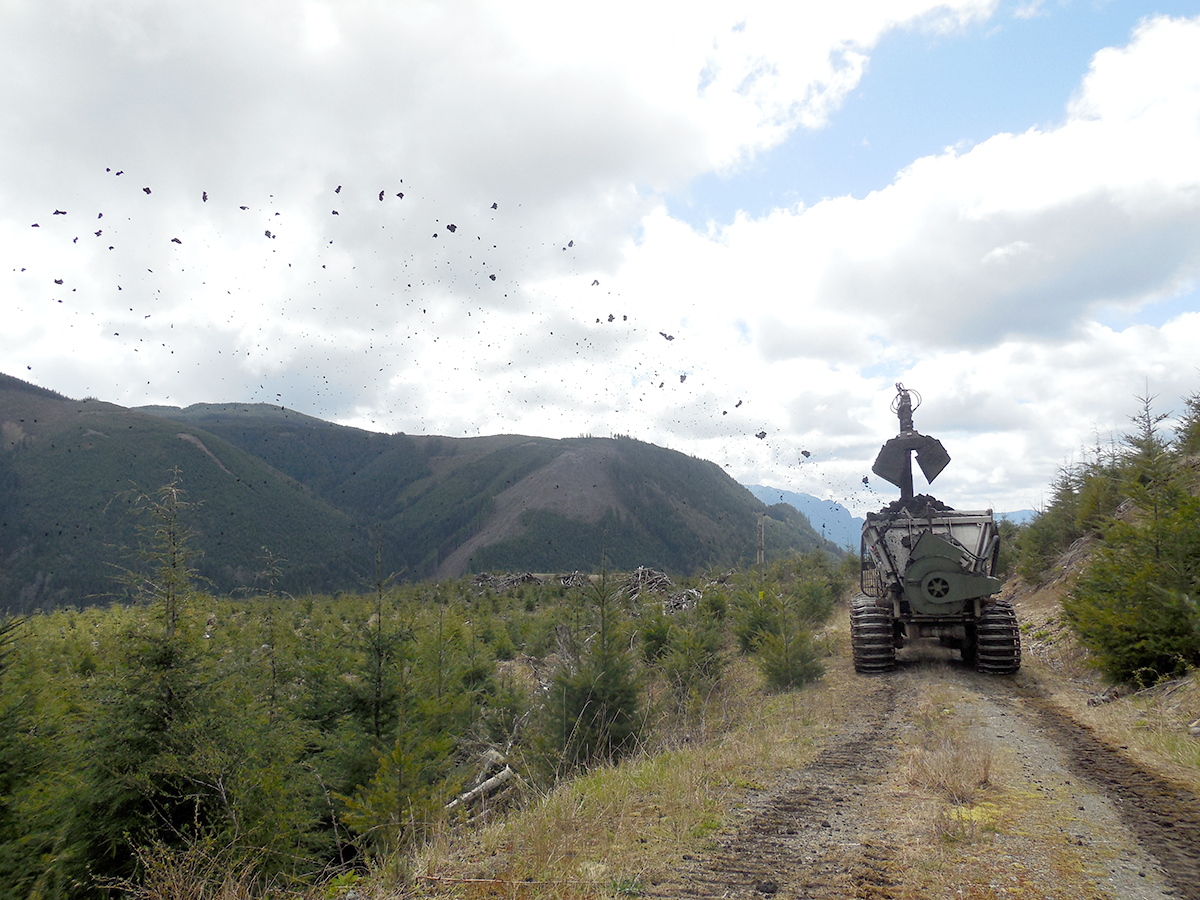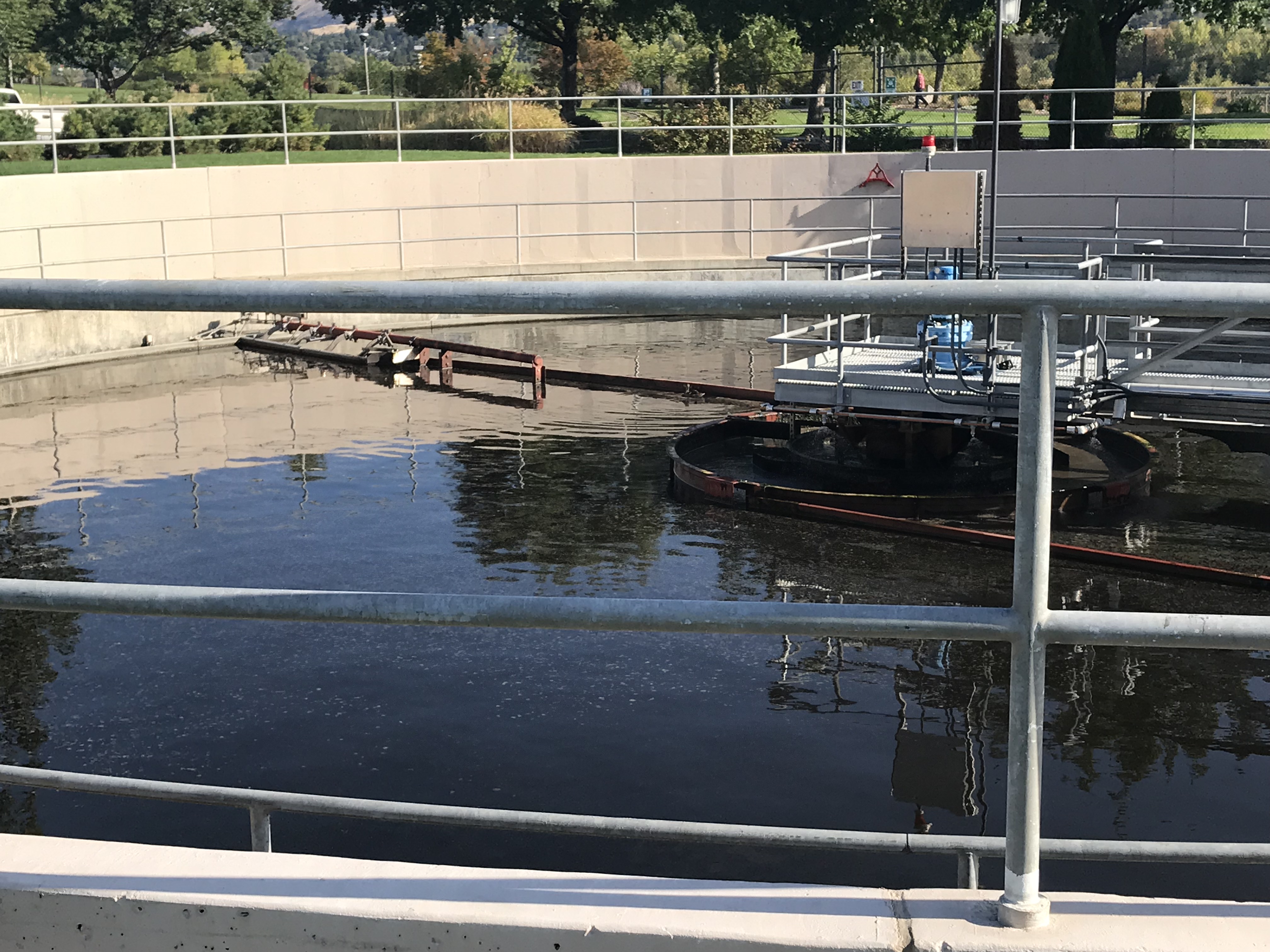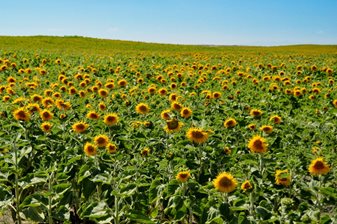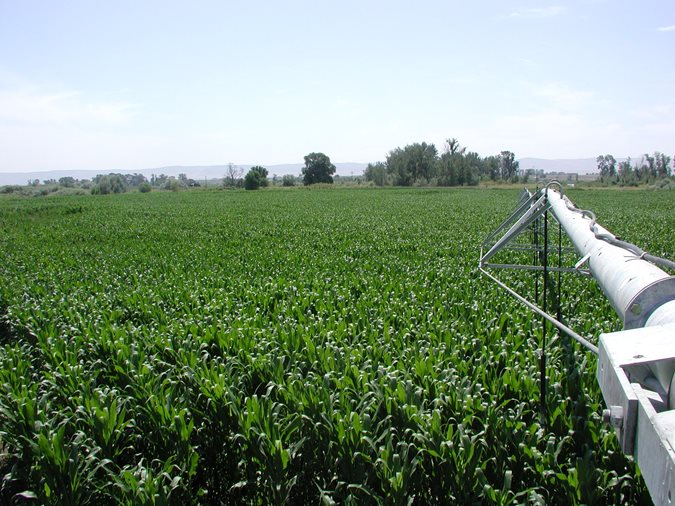Biosolids
What are biosolids?
Wastewater from homes and businesses flows to wastewater treatment plants where it undergoes a complex treatment process. Part of the treatment process grows microorganisms that help clean the water. The solid particles that settle out in the first treatment processes continue along for more treatment. The resulting treated solids become “biosolids,” after meeting federal and state standards.
Biosolids are rich in organic matter and nutrients, and preserve nutrients from the wastewater produced by human waste. They can replace commercial fertilizers as a soil amendment. Farmers across Washington and the United States grow crops using biosolids. Landowners also use biosolids on forestland, and they're also components of some compost, topsoil, and fertilizer products.
How do we regulate biosolids?
EPA regulates biosolids under the Clean Water Act — the same law that regulates wastewater treatment plants. We implement state rules with a permit program designed to meet federal requirements. Ecology’s Solid Waste Management Program regulates biosolids in Washington. State law considers biosolids a valuable commodity, so we do not regulate this product as a waste.
Is it safe to use biosolids?
Biosolids are made primarily of organic material with some inert silt and sand. After almost 40 years’ experience managing them in Washington, what we’ve learned is that using biosolids according to rules and well-established guidelines is considered safe. While studies are ongoing to fill information gaps in the chemical composition of biosolids, they are a beneficial product resulting from treating domestic sewage in a wastewater treatment facility.





